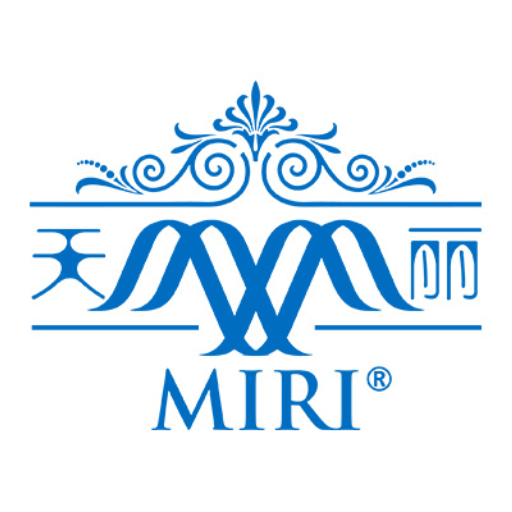Menopause and Skin Care: Nourishing Your Glow Through Transition
Menopause marks a significant transition in a woman’s life, bringing about various physical and emotional changes. One of the most visible effects is on the skin, which often becomes drier, thinner, and less elastic due to declining estrogen levels. Understanding how menopause affects your skin and adopting a proper skincare routine can help you maintain a radiant complexion during this phase of life.
How Menopause Changes Your Skin
Estrogen plays a crucial role in maintaining skin health by supporting collagen production, hydration, and elasticity. As estrogen levels drop during menopause, women may experience:
- Increased dryness and itchiness
- Thinning of the skin
- More visible wrinkles and fine lines
- Loss of facial volume
- Increased sensitivity
- Slower wound healing
A Menopause-Friendly Skincare Routine
1. Gentle Cleansing
Switch to cream-based or oil cleansers that won’t strip your skin of its natural oils. Avoid harsh soaps and hot water, which can further dry out your skin.
2. Hydration Boost
Look for moisturizers with hyaluronic acid, ceramides, and glycerin. Consider using a facial oil at night to lock in moisture. Our Miri Rose Whitening formula can help brighten skin while providing hydration.
3. Sun Protection
With thinner skin comes greater UV sensitivity. Use a broad-spectrum SPF 30+ sunscreen daily, even when indoors or on cloudy days.
4. Collagen Support
Since collagen production decreases by about 30% in the first five years of menopause, consider incorporating collagen supplements like Miri Collagen Protein to support skin elasticity and hydration from within.
5. Antioxidant Protection
Vitamin C serums and products rich in antioxidants can help combat free radical damage and brighten your complexion.
Lifestyle Tips for Menopausal Skin Health
Along with topical treatments, your lifestyle choices significantly impact your skin during menopause:
- Stay hydrated by drinking plenty of water
- Eat a diet rich in omega-3 fatty acids, vitamins, and minerals
- Get enough quality sleep for skin repair
- Manage stress through meditation or gentle exercise
- Avoid smoking and excessive alcohol consumption
For more comprehensive guidance on navigating menopause, explore our article on holistic menopause wellness strategies.
When to See a Dermatologist
If you’re experiencing severe skin changes that don’t respond to over-the-counter treatments, or if you notice persistent irritation, unusual dryness, or new skin growths, consult a dermatologist. They may recommend prescription treatments or procedures to address your specific concerns.
Remember, menopause is a natural phase of life, and with the right care, you can maintain healthy, glowing skin throughout this transition and beyond. For additional support with hormonal changes, consider exploring our Miri Feminine Essence supplement designed specifically for women’s hormonal balance.
